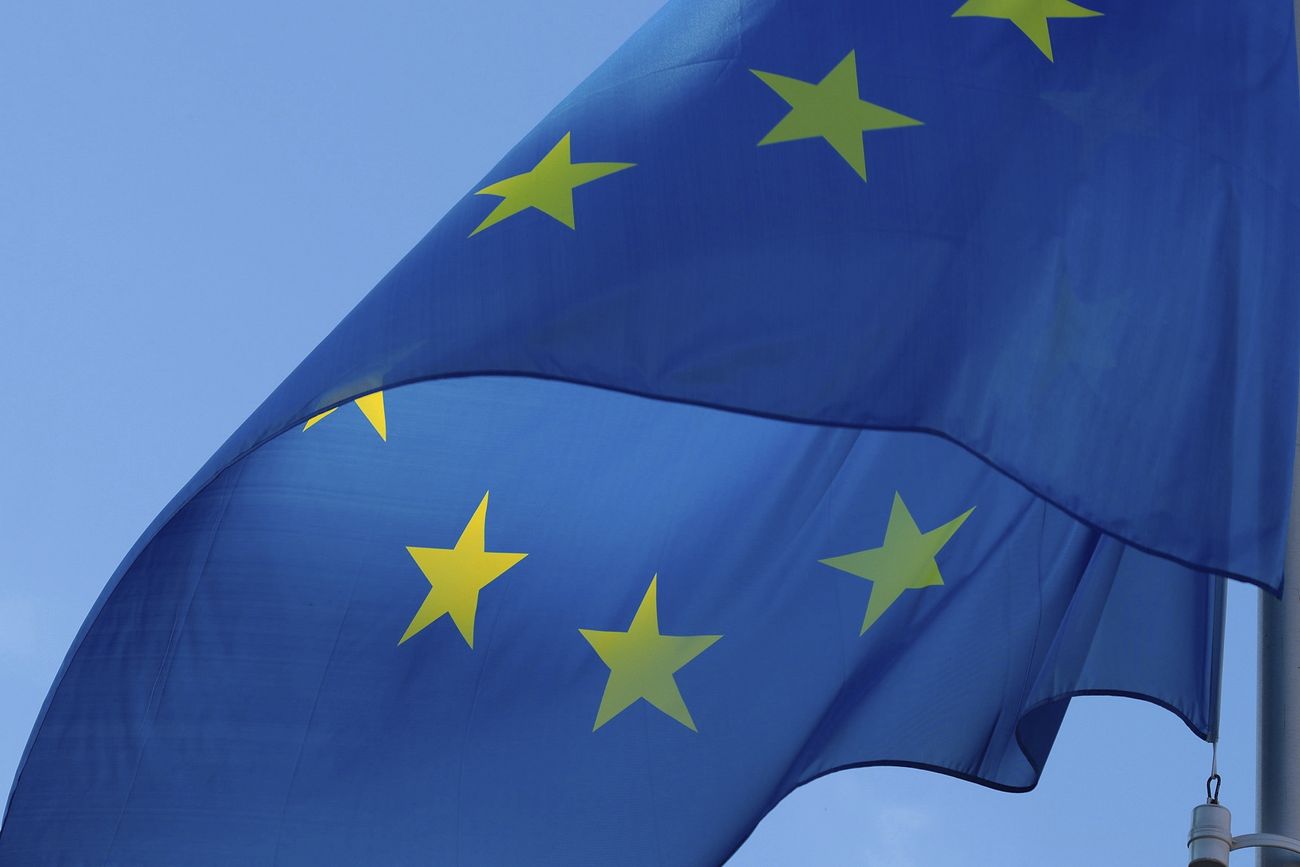EU readies 14th package of sanctions against Russia and Belarus
 The situation has not changed
The situation has not changed
The EU is working on a new package of sanctions against Russia and Belarus. The 14th package will include measures to prevent circumvention of restrictions. In this context, the discussion around exceptions for Belarusan potash fertilisers under the pretext of global food security is once again being considered. However, due to the cross-sectionality of US and EU sanction regimes, there is a high probability that this initiative will fail once more.

The European Union is working on a 14th package of anti-Russian sanctions, targeting those who circumvent the current restrictive measures against Russia. Against this background, the EU is again discussing the import of Belarusian potash. In particular, the idea of adding an annexe and a list of South American countries that could import Belarusian potash at the request of the Global South on the grounds of food security is being debated.
This is not the first attempt to free Belarusian fertiliser from EU sanctions. A similar initiative was discussed last year during the preparation of yet another package of restrictive measures against the Belarusian regime. However, the sanctions were eventually expanded, but there were no changes for potash. Brazil is known to be actively lobbying for the relaxation of restrictions on potash through Portugal, Spain and several other European countries. Minsk has also been trying to engage in pushing for this issue, including through the United Nations and the Global South.
Sanctions against Belarusian potash fertilisers were imposed in 2021 by the European Union and the United States. In February 2022, Lithuania banned the transit of potash fertilisers through its territory and seaports. In March 2022, the EU imposed a complete ban on potash fertiliser imports from Belarus following the start of Russia’s full-scale invasion of Ukraine. In June of the same year, the assets of Belaruskali and its export company Belarus Potash Company were frozen.
At this point, the main sanctions proposals include:
- restricting imports of liquefied natural gas from the Russian Federation. Not completely, though, despite calls from the Baltic states and Poland;
- a ban on the transport of liquefied natural gas through the Belgian port of Zeebrugge, which now leads in the volume of Russian LNG transhipped to China;
- imposing sanctions on tankers that transport Russian oil in defiance of EU sanctions – the so-called “shadow fleet of Russia”;
- imposing sanctions on companies supplying Western components to Russia in circumvention of the bans;
- imposing sanctions on non-European companies that cooperate with Russia in areas subject to EU sanctions (mainly companies from mainland China, Hong Kong, Turkey and Kyrgyzstan; the full list is a 70-page annexe to the document);
- imposing a ban on Russian funding of non-governmental organizations in EU countries;
- banning art stolen by Russians in Ukraine from entering the European market.
Another discussion in the preparation of the package concerns Russian aluminium. So far, it is expected that the 14th sanctions package will not include an embargo on aluminium imports from Russia, as demanded by the Baltic states and Poland. For some countries, aluminium sanctions and the resulting increase in aluminium prices are a serious problem.
Subscribe to our newsletter




Situation in Belarus
Constitutional referendum: main consequences


 Video
Video
How to count the political prisoners: are the new criteria needed?


 Video
Video
Paternalism In Decline, Belarusian Euroscepticism, And The Influence Of Russia


 Video
Video












